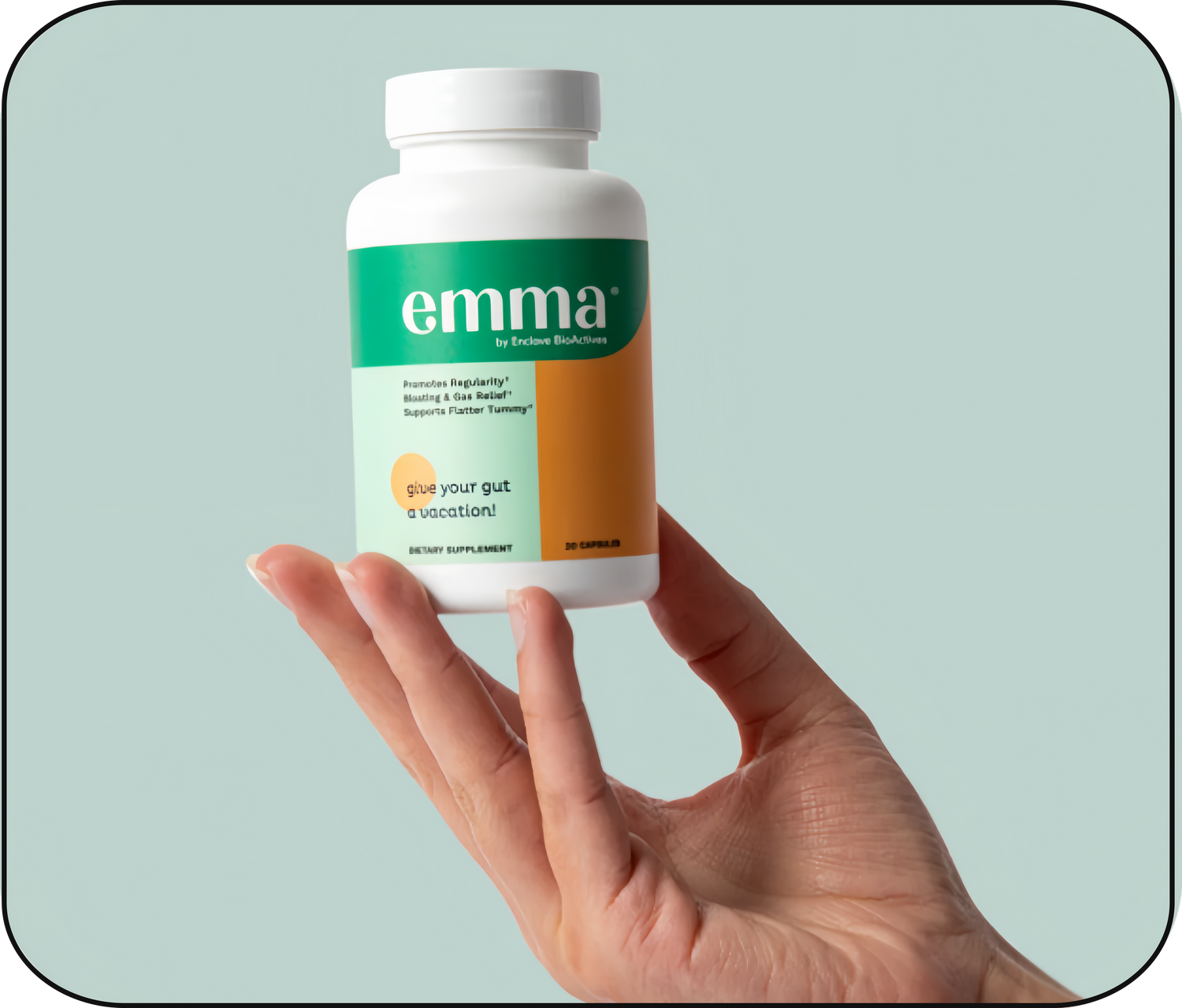
The root cause: digestion-slowing bacteria
Our world is increasingly filled with toxins and digestion-slowing bacteria that make our digestive system vulnerable. Bacteria—microscopic invaders called Archaea—will take advantage of this fragile state and colonize the small intestine.
What’s worst about these nasty gut invaders is that they produce methane gas inside our digestive system, turning our intestines into an even more hospitable place for them, but wreaking havoc on us.
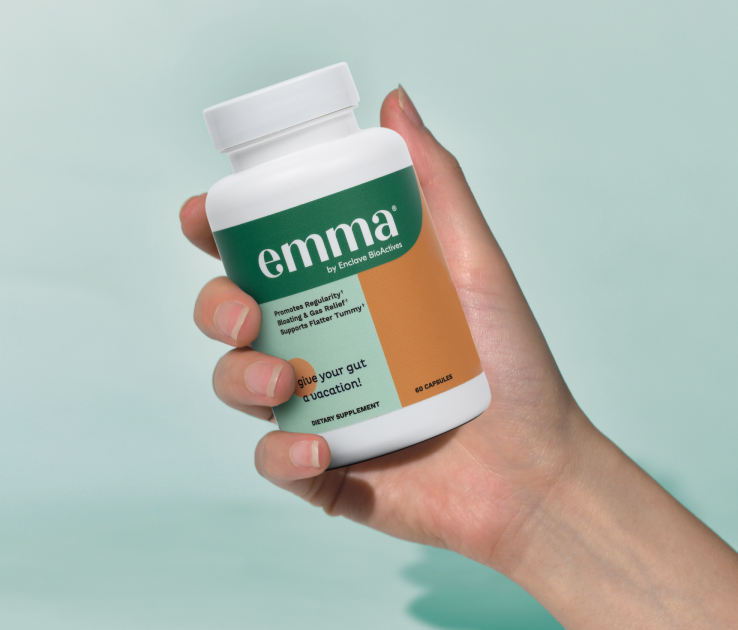
The culprit that slows down digestion: methane
Methane hinders two essential processes responsible for gut motility (digestive speed). It damages the sensitive nerve endings of our gut, slowing down the movement of food through our digestive tract and dramatically decreasing the frequency of “waves” meant to help flush out our system.
Once the gut loses the ability to effectively push its contents through, it results in a toxic buildup of sludge and bad bacteria.

Emma offers relief: a healthy gut for healthy bowel movements
Emma is a science-backed breakthrough that helps eliminate bloating and gas while strengthening the gut microbiome.
Emma’s mighty, plant-based ingredients work together in four powerful ways to address the root cause of methane build-up so you can normalize your bathroom habits and achieve “perfect poops.”
As seen on
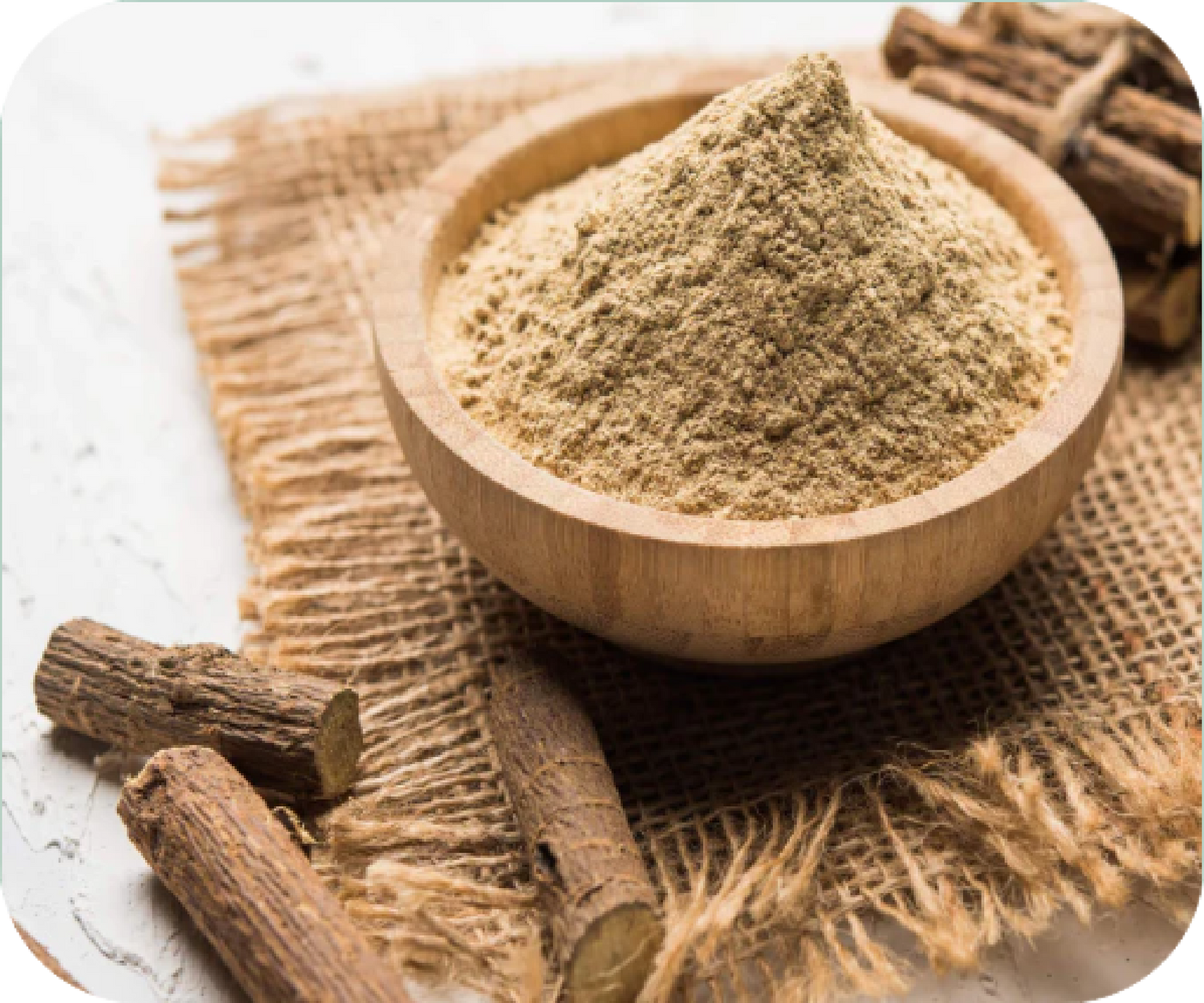
Deglycyrrhizinated Licorice (DGL)
Used as a digestive aid for thousands of years, DGL has been shown to heal the digestive tract by increasing the body’s mucus-producing cells in the gastrointestinal lining. This provides a protective coated layer that shields cells from external toxins and even the body’s own digestive acids and enzymes. It also creates a slippery surface that allows stool to pass through with ease and without any discomfort.

Star Anise
With powerful properties, star anise exhibits a remarkable ability to block Star Anise also helps stimulate the digestive tract and release the body’s natural laxative, bile. Low bile is often associated with constipation. Bile acid also softens stools, providing even more lubrication for poop to quickly move through the colon.
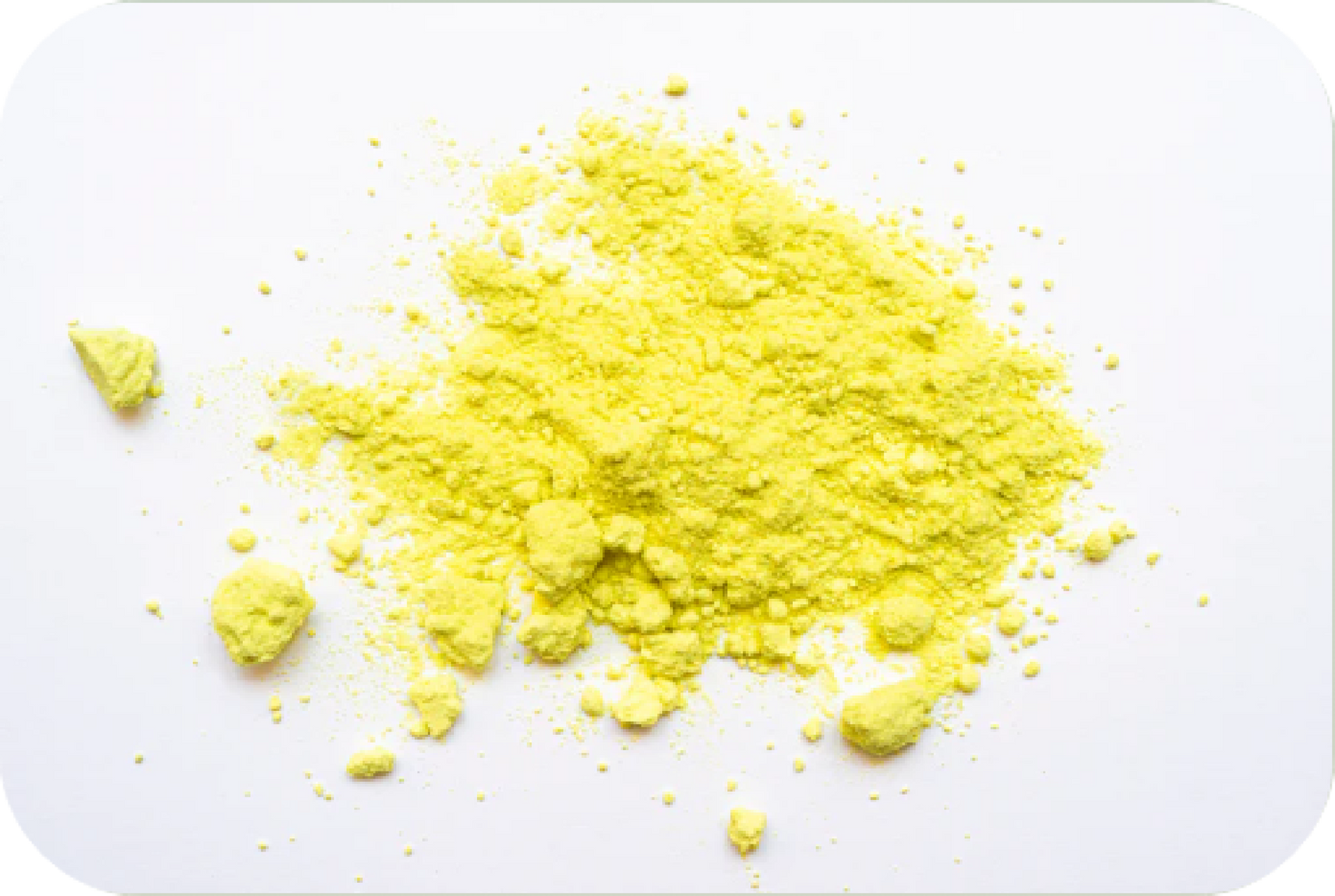
Quercetin
By increasing the expression of “tight junctions,” quercetin helps strengthen the gut lining. A strong gut lining is essential to absorbing nutrients and keeping bacteria and toxins from leaking into the bloodstream.
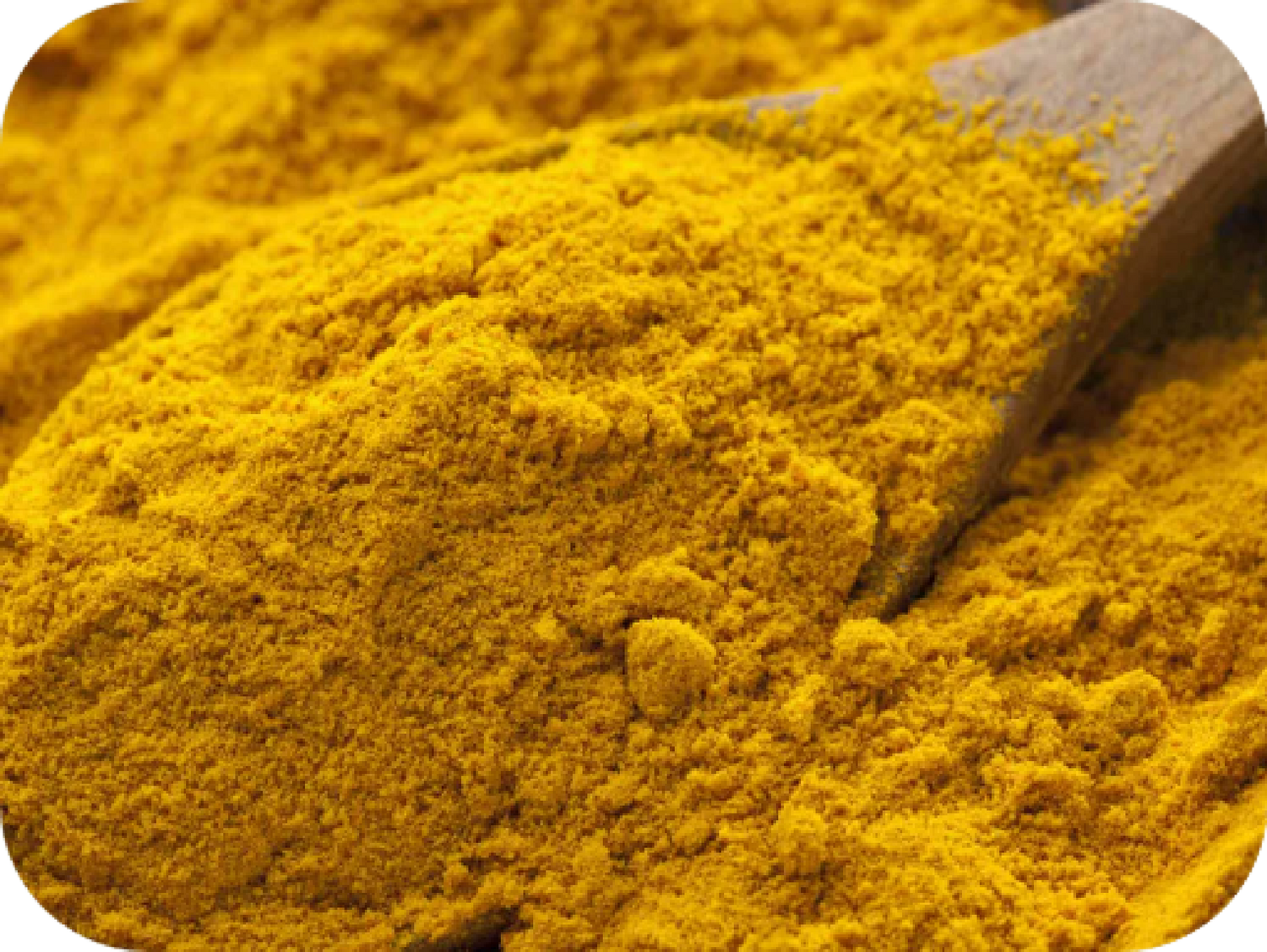
Berberine
A cornerstone ingredient to gut health, berberine is an amazing plant extract that has been used in Eastern medicine since around 650 B.C. Berberine was also shown to boost healthy friendly flora that have their own incredible health-promoting effects.
Berberine has many other healing qualities which include supporting normal blood sugar and g cholesterol levels, and it’s also great for weight loss because it activates the AMPk pathway — the metabolic master switch.

Chicory root inulin
A powerhouse ingredient for your bowels, chicory root inulin feeds the good bacteria in your gut, which in turn releases molecules that facilitate digestion, prevent occasional constipation, and help food move through the digestive tract when you’re feeling backed up.
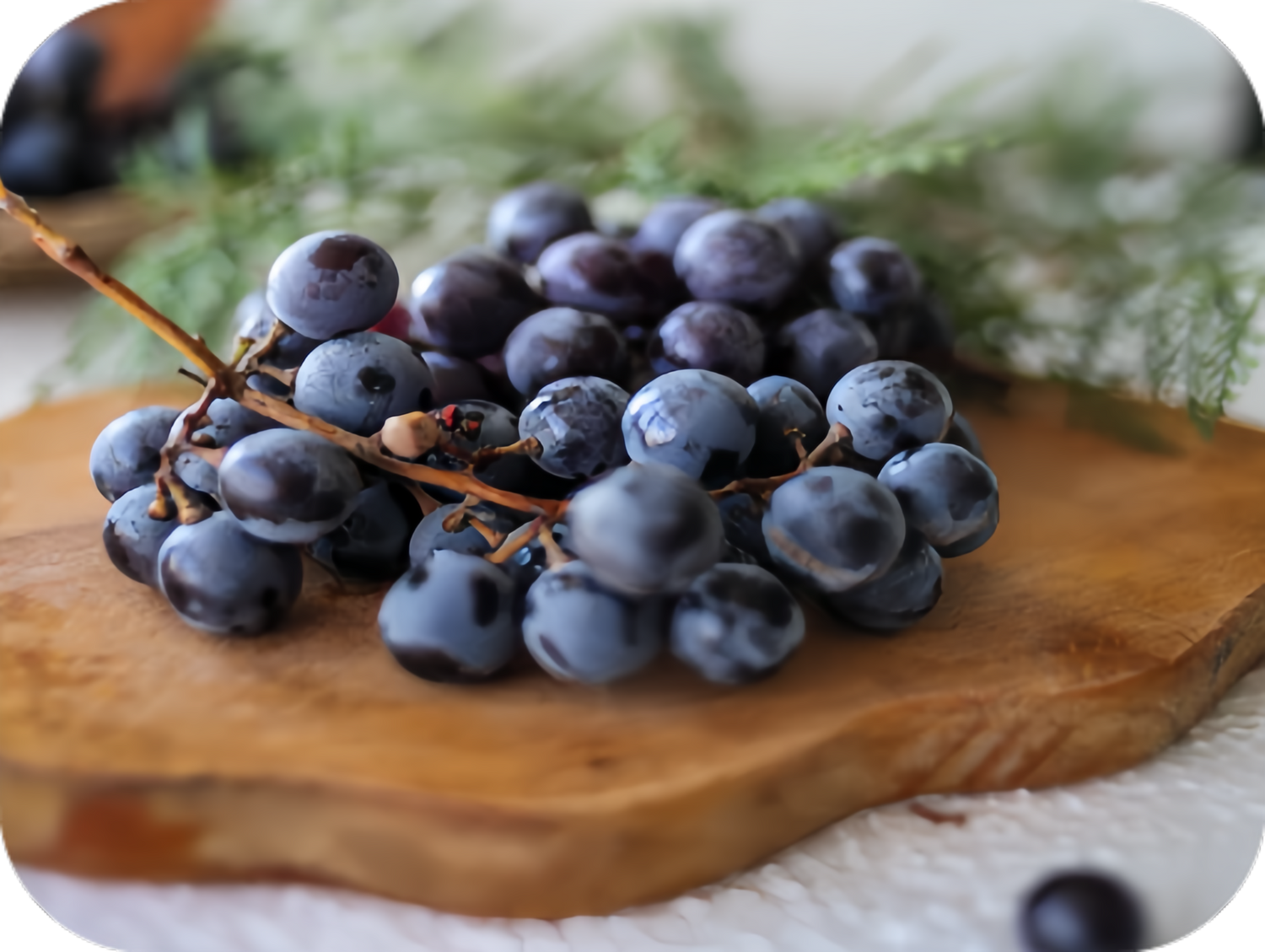
Resveratrol
Resveratrol is key to boosting the bioavailability of berberine and unlocking its full power, but it also has its own set of powerful benefits. Studies demonstrate that resveratrol increases levels of friendly flora lactobacillus and bifidobacterium. It also activates the genes involved in maintaining the tight junctions between the intestinal cells, helping the body to support a strong gut lining.
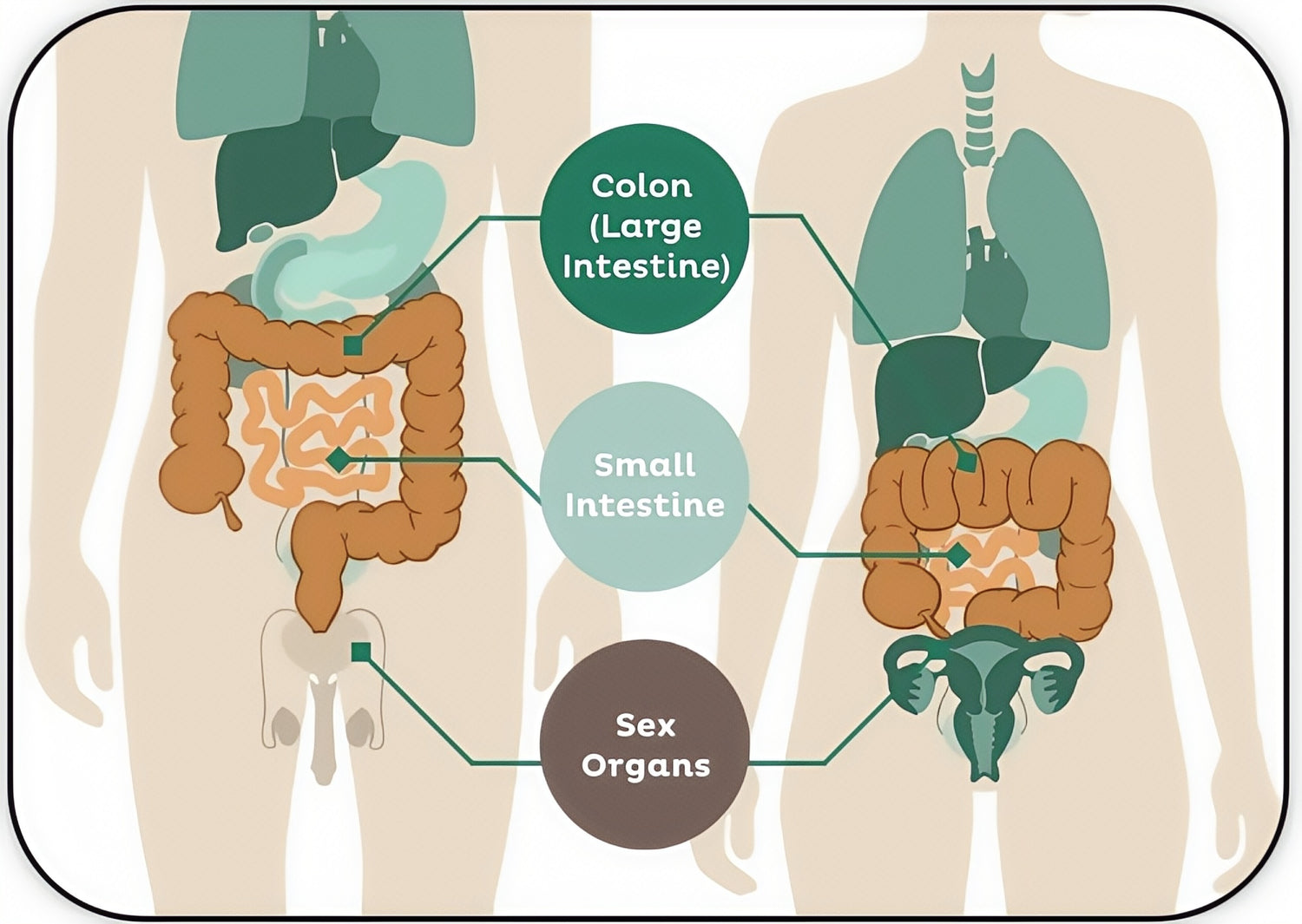
Fiber is one such “remedy.”
Fiber helps “bulk up” poop, which expands the intestines and temporarily helps stool pass through. But the problem with fiber is that it simultaneously feeds bad bacteria and parasites. Not to mention most commercial fiber products are loaded with artificial sweeteners and flavors to mask the horrible taste. If you’re looking to get your digestion back on track— commercial fiber supplements are doing more harm than good.

Laxatives are another.
While laxatives work temporarily by forcing the body into pushing out the contents of the colon, it actually destroys the colon, turning its delicate natural folds completely smooth. Over time, the colon further loses its shape, form, and elasticity, which creates a dangerous cycle whereby you become dependent on laxatives as your colon is no longer able to do its job properly on its own.
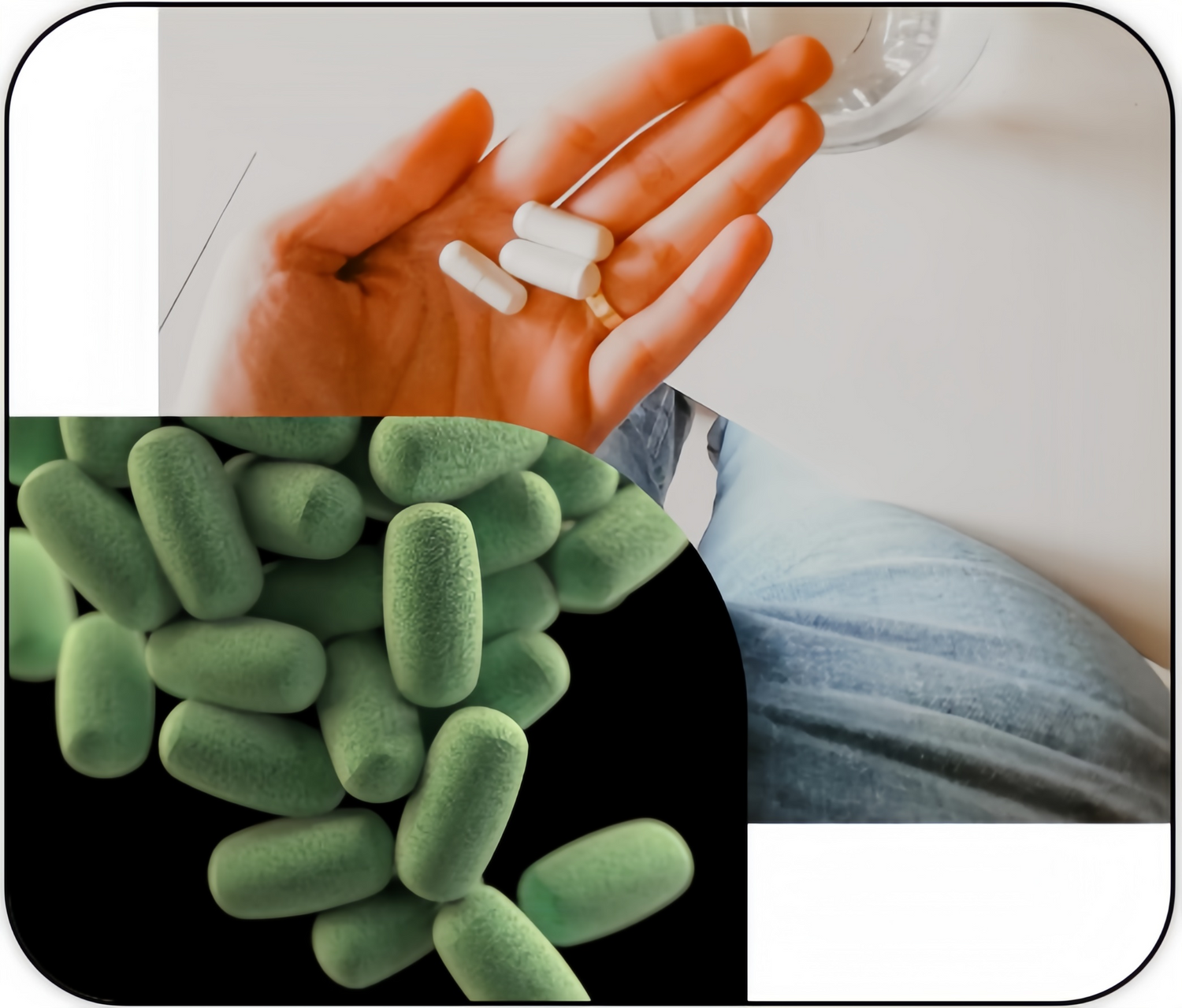
Our nerve cells take their time.
Sex-related features in the brain cause women's and men’s guts to behave differently. Research by Dr. Tanja Babic at Penn State College of Medicine has shown that the nerve cells that control the movement of food through the intestines are slower and more sluggish in women than in men. Research has also found that women are 6 times more likely to suffer digestive upsets, and these problems increase over time as we age.
